Mad Tokyo podcast: Travel with an expat
Tokyo, Japan is a city of teeming millions, high-speed rail and higher speed internet access. Years of history and modern development make Tokyo an exciting destination and, dreaming of going ourselves, we wanted to talk with someone who knew it well.
To listen, hit play below or find episode 99 in iTunes, Stitcher or Soundcloud:
In this Tokyo, Japan travel podcast we talk with Honor Dargan of Tokyotopia.com. Honor is a British expat who has lived in Tokyo since 2001 and has written her own online city guide: Tokyo made simple. Tokyotopia is currently running a Tokyo video competition to which we’re contributing a prize.
Click here to open the Indie Travel Podcast in iTunes or press the orange “play” icon above.
Life as an expat…
It can sometimes be lonely as you are away from your friends, your family and the culture you grew up with. It’s also exciting and challenging with opportunities galore to push yourself beyond your familiar frame of reference. Add to that there’s a certain freedom that comes with being outside the domestic culture, especially in Japan.
The visa application process for long-term travel…
Long-term travel in Japan is possible and, depending where you come from, can be pretty easy. If you fill the criteria required for a working holiday visa then you really can spend a decent amount of time here while also being able to keep your pockets lined with the necessary cash. Canadians, Australians, New Zealanders and British certainly qualify for this.
Arriving in Tokyo and getting from airport to city…
Not as simple as it sounds! Tokyo airport is about an hour to an hour-and-a-half away from the city depending on how you decide to travel. Choices include the JR Narita Express which 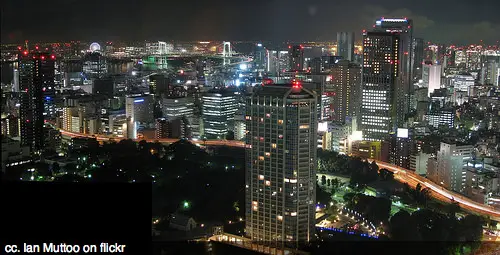 has a great discount option partnering with the Suica travel card for use on regular trains. There’s also the Airport Limousine Bus which will drop you outside most of the major hotels (and some cheap Tokyo hotels). They partner with Tokyo Metro (the subway) with the Pasmo Card.
has a great discount option partnering with the Suica travel card for use on regular trains. There’s also the Airport Limousine Bus which will drop you outside most of the major hotels (and some cheap Tokyo hotels). They partner with Tokyo Metro (the subway) with the Pasmo Card.
The mythical communication problem faced by English speakers…
To my mind this is mostly in our heads. Of course there will always be those who really don’t help or just freak out at the idea of someone speaking English to them. For the most part though, people in Tokyo will go out of their way to help you if you approach them with a smile and a plea for help! Don’t be afraid to use gestures and drawings to show/describe what you need if necessary. It’s a good idea to keep a wee note book on you just for this purpose.
Exploring historic and side-street Tokyo…
The side-streets are the best place to really see Tokyo. The modern centers are great but, like all modern centers, the flavor tends to be the same. On the side streets though, you get mix of old and new, hidden temples, the local yakitori shop and so much more!
Climbing Mt Fuji…
Some say don’t, some say do. I say do what you feel like. Certainly she is a magnificient volcano and in Japan it is something that most people want to do once in their life. If you love walking, hiking, and climbing then go for it. It is only open for a couple of months in the year and, despite what some people will have you believe, it is not an easy walk. There are sulphur fumes to deal with as well as altitude at the top. One of my friends had to stop when she got altitude sickness. All my friends that have made it though are very glad that they did.
…and day trips from Tokyo
There are many so take your pick. Recommendations would be a place called Hakone which is near Mount Fuji. Try some eggs that are boiled in boiling water on the side of the volcano!
If exploring Asia is your idea of a good time, check out the Mekong River semester program offered by Where There Be Dragons.
Dragons programs are rugged learning adventures designed for open-minded students who are willing to sacrifice comfort for the sake of discovery. Semester programs last for three months and feature extended home-stays, trekking and in-depth studies of issues related to development, ecology, culture and politics.
The Mekong Semester will follow the river from the Himalayan glaciers of China’s Yunnan province into Laos, settling into an extended stay in the ancient royal capital of Luang Prabang before wrapping up in Cambodia.
The trip will be challenging, both in terms of travel and academic rigor. We want students who are curious about the world, ready to immerse themselves in foreign cultures and willing to take a hard look at the realities of development in remote parts of Asia.
[[box]
Sponsor: WorldNomads.com
This episode of the Indie Travel Podcast is sponsored by WorldNomads.com.
WorldNomads.com provides great value global travel insurance. You can buy, extend and claim online, even if already travelling. All World Nomads get free travel blogs, safety advice and language guides for your iPod. You can also support a Footprints community development project when you purchase online. WorldNomads.com – keep travelling safely.[/box]

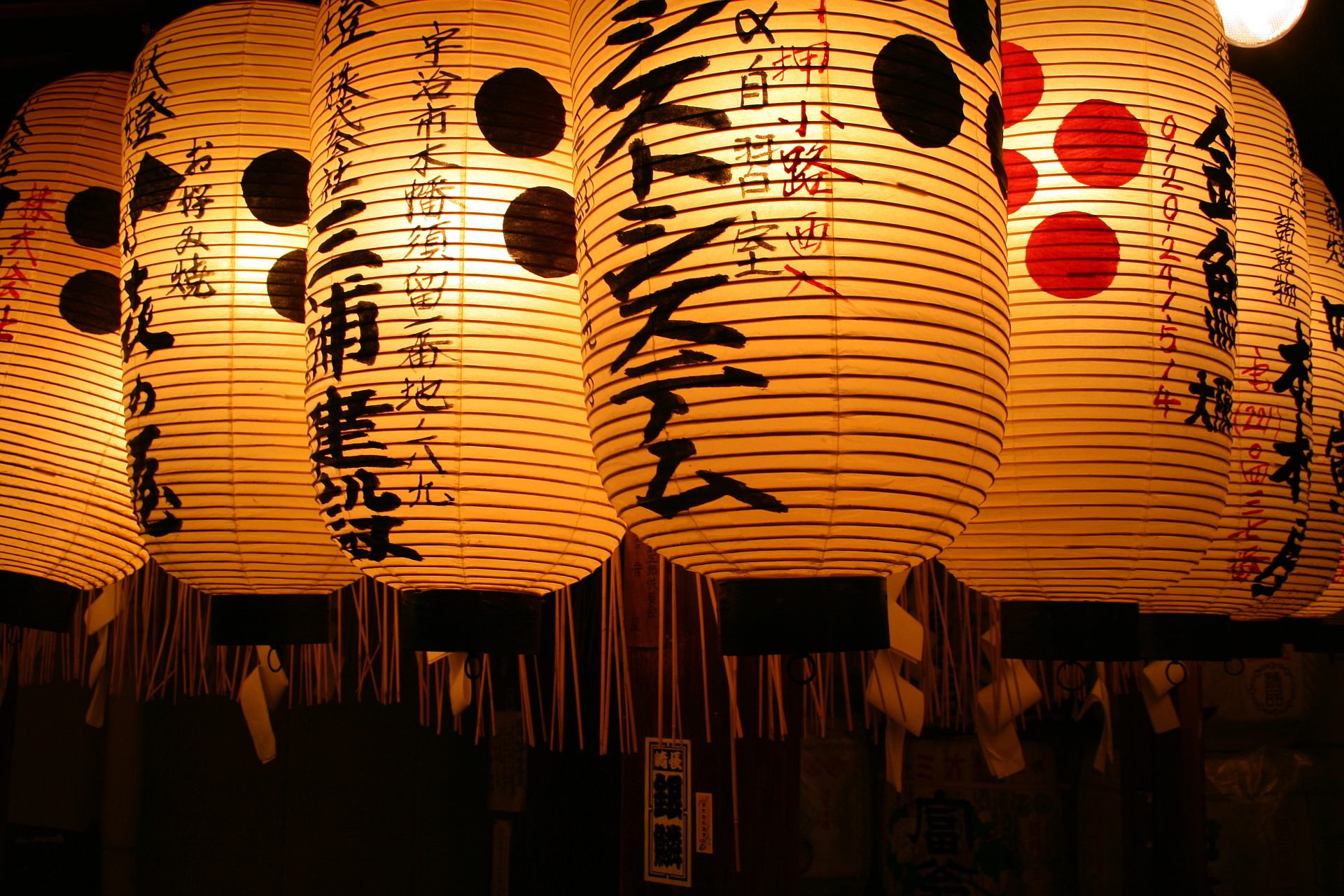
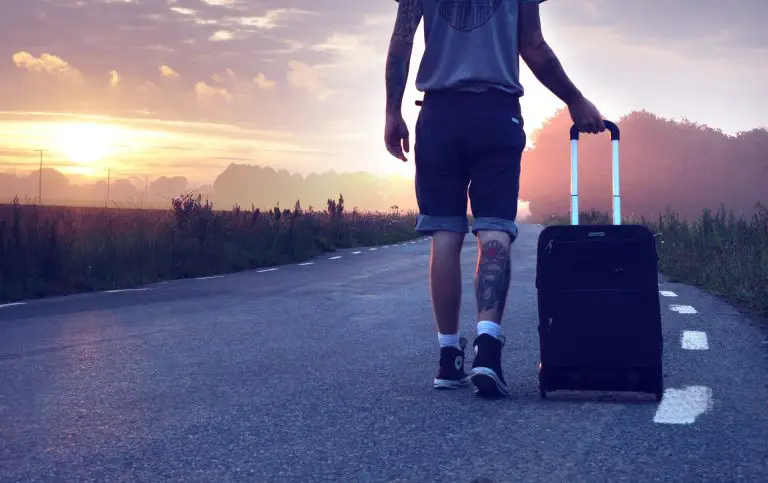
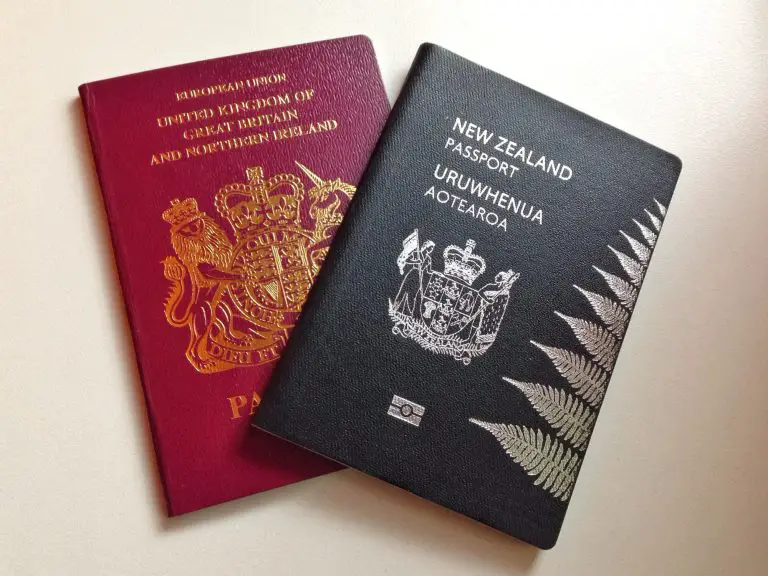
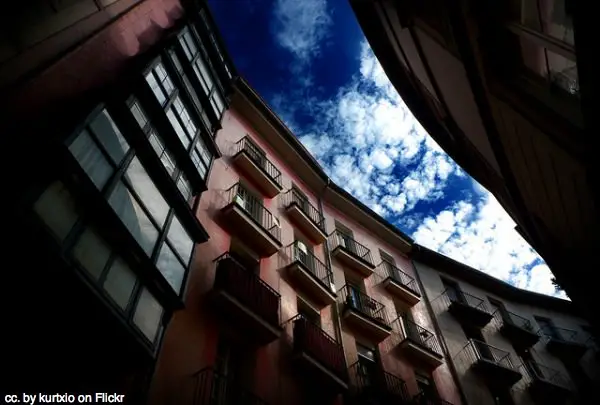



excellent tips for traveling in japan – i’ve lived there, and can heartily recommend getting off the main streets and exploring. thanks for sharing!
Thanks for the shout, Craig and Linda!
Nice overview.
I think Tokyo is one of those cities that’s really best explored with some one who really knows it well. Or, better yet, by living there as an expat.
Congrats on the recent LP victory!
I just wanted to comment on your Tokyo post/podcast. Overall, I liked it a lot. I reckon it’ll prove very useful to travelers. However, there were a couple of issues I want to share.
As for the language, it’s no problem whatsoever. Sure enough, few people actually speak very good English. But many still do (or I was just lucky finding them) – and the others usually help with gestures, as said in the interview. Apart from that, the lady was right in terms of English signs. I’m not a hardcore traveler like you and Linda, but I’ve seen one or two places, too. So far, Tokyo stands out as the city which has by far the largest coverage of English signs. I’d say, it’s much easier to get around in Tokyo than in Milan.
In terms of day trips, I was surprised to hear about Hakone. Haven’t gone there myself yet. But I’ll keep it in mind. But I thought the lady would certainly mention Kamakura. That’s what I’d call a must-see. It’s just outside Tokyo at the seaside and has lots of shrines, temples and the famous Buddha statue (it’s huge!). One of the highlights when being in Tokyo (also according to Yoko and others) cause there one can see real Japan – if that still exists 😉
well, just my two cents on that.
Keep up the good work!!
Thanks everyone for your great additions. It’s so hard to cover a city in 20 minutes! Obviously stuff gets left out and the comments here are a great place to add more in.
As an expat living just outside Tokyo I will agree with Craig & Linda that it’s almost impossible to cover the city in 20 minutes let alone every possible day trip. From the food to the famous sights and not so famous ones there is something interesting to see around almost every corner.
But the toursits are a whole different story! Check out this list of things that tourists do when they come to Japan and don’t be one of them: Top 10 Things NOT To Do When You Visit Japan.
I live in Ecuador and it is a wonderful country. Its people are so nice and kind, they will give you the most warming welcome. I have put together a helpful fact sheet, and also an article on Ecuadorian manners and customs